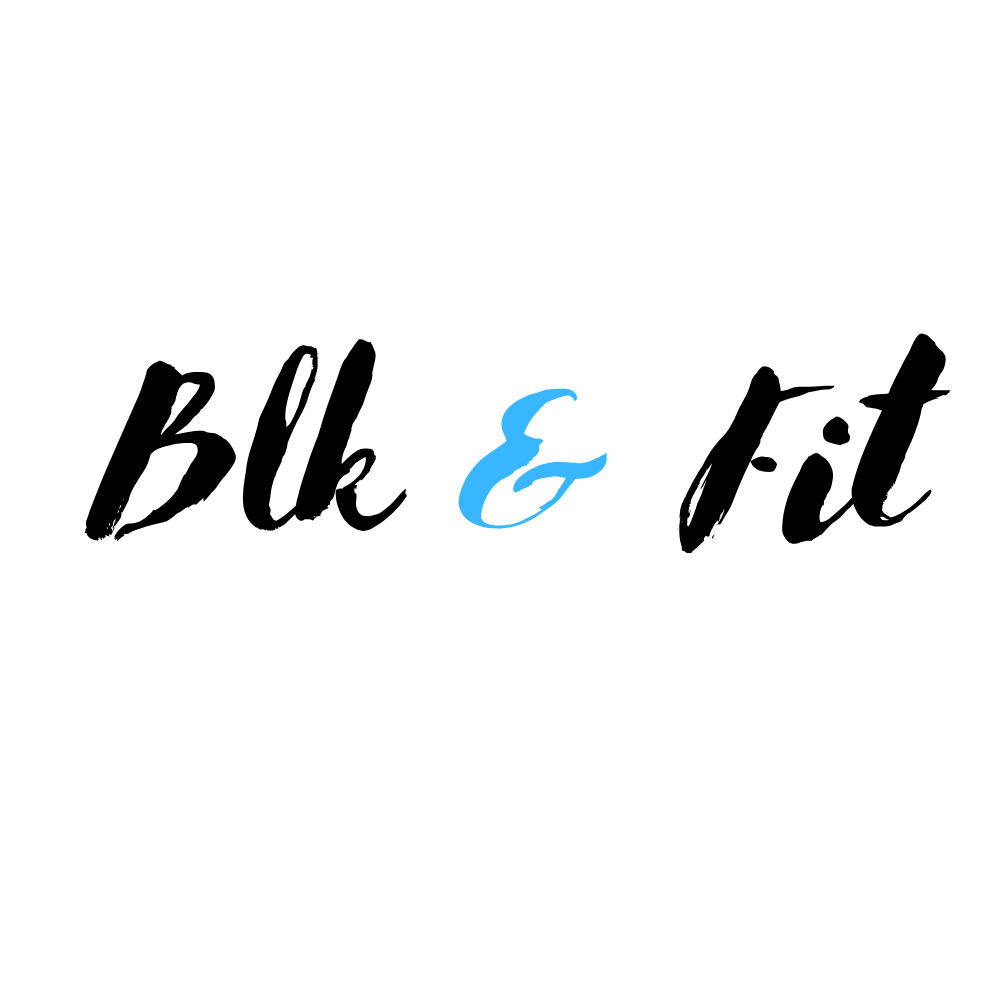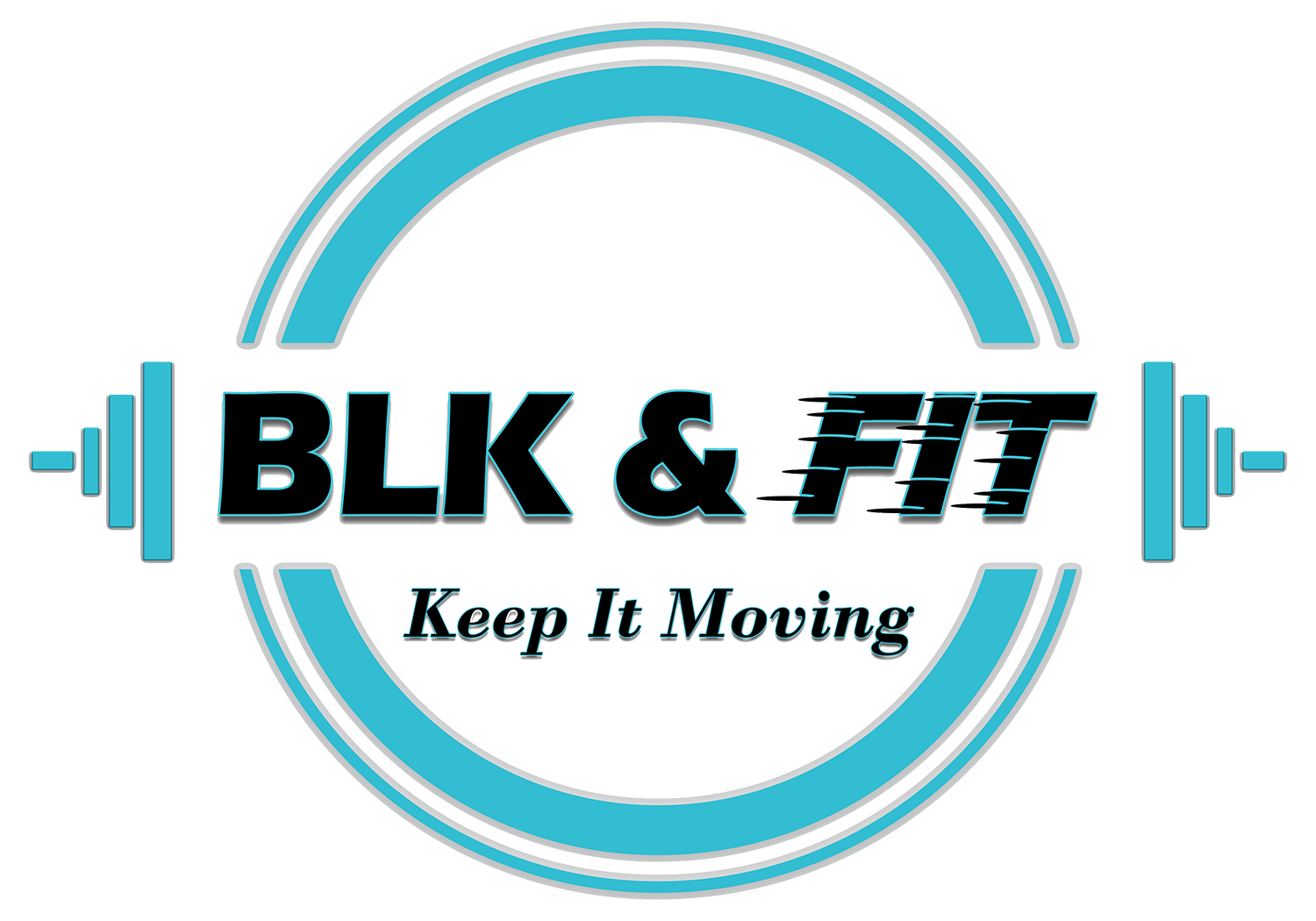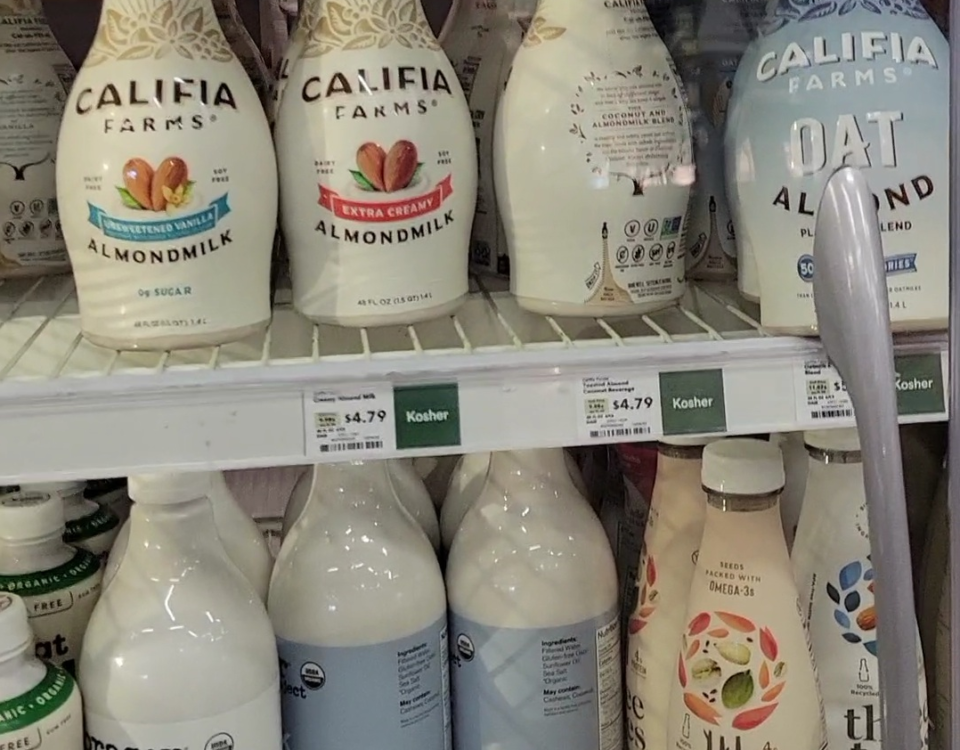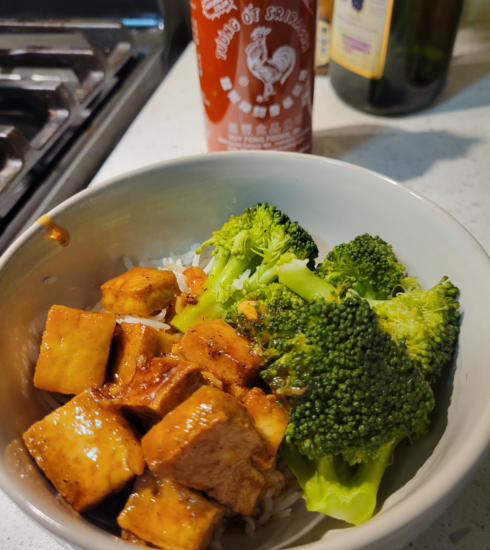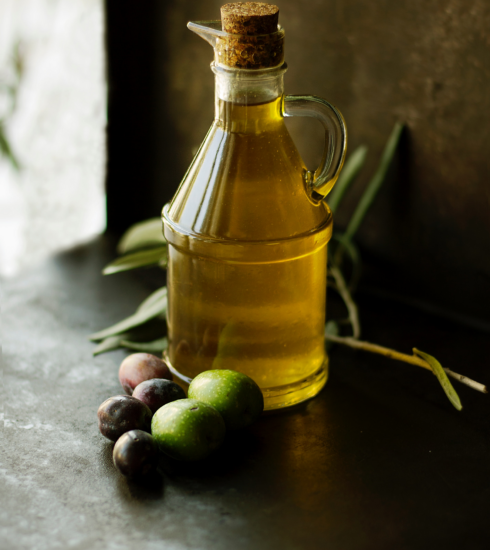Learn Your Labels: What’s in Your Milk Alternative?
In recent years, grocery store fridges have been taken over by milk alternatives. Sitting alongside traditional dairy milk, oat, almond, soy and other beverages have been a welcome change, especially to those with aversions to lactose found in dairy.
While milk alternatives can be healthier for some, not all of these drinks are created the same.
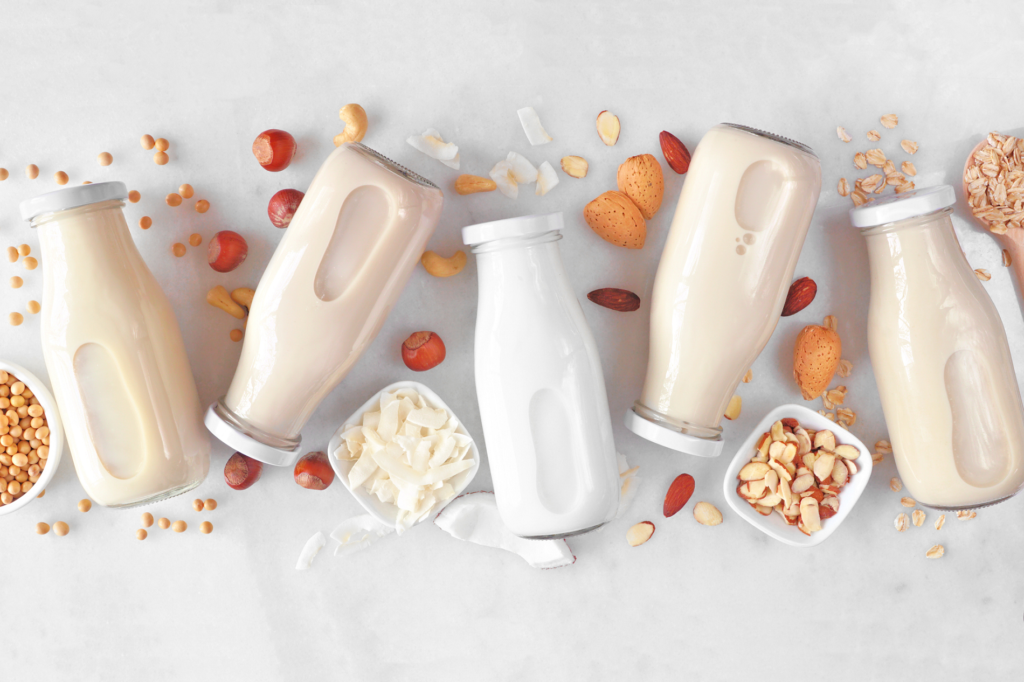
What to Watch for When Buying Milk Alternatives
Oils and gums: In order to get a texture close to dairy milk, many manufacturers use little of the main ingredient and add gums and oils as thickeners. When reading the label, you may see sunflower or other types of oils, or gellan gum, which can cause digestive issues in some.
Sugar: Watch for added sugar. Some manufacturers add several grams of sugar per cup. Even better, go for unsweetened.
GMOs: Many manufacturers use grains like oats and almonds that are sprayed with a substance called glyphosate, a known carcinogen. Look for the certified organic and non-GMO labels.
We recommend a few brands like Malk, Three Trees or Willa, which contain just 4-5 ingredients. These brands also make coffee creamer alternatives.

